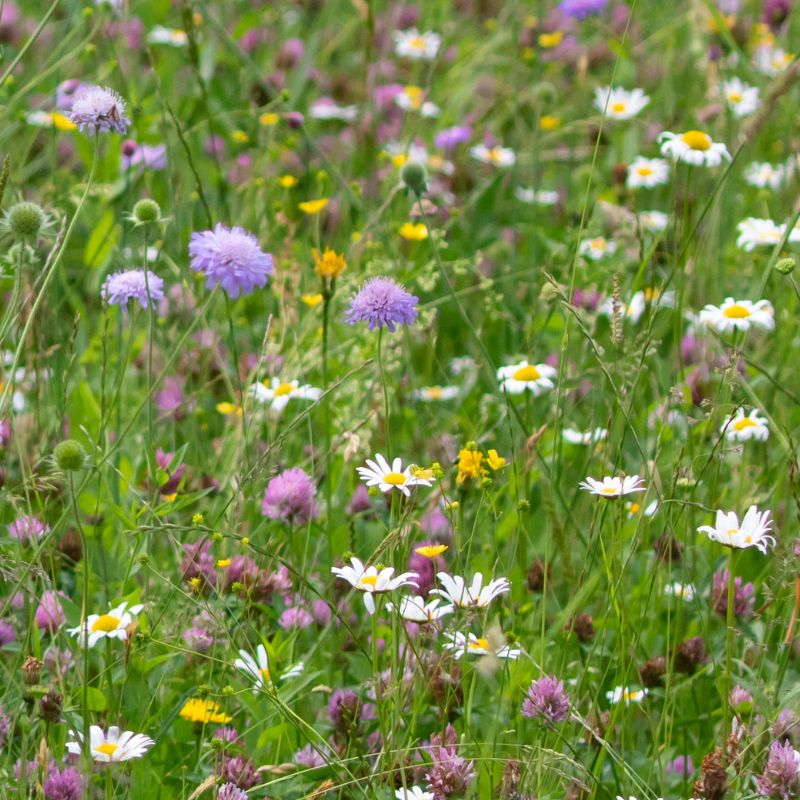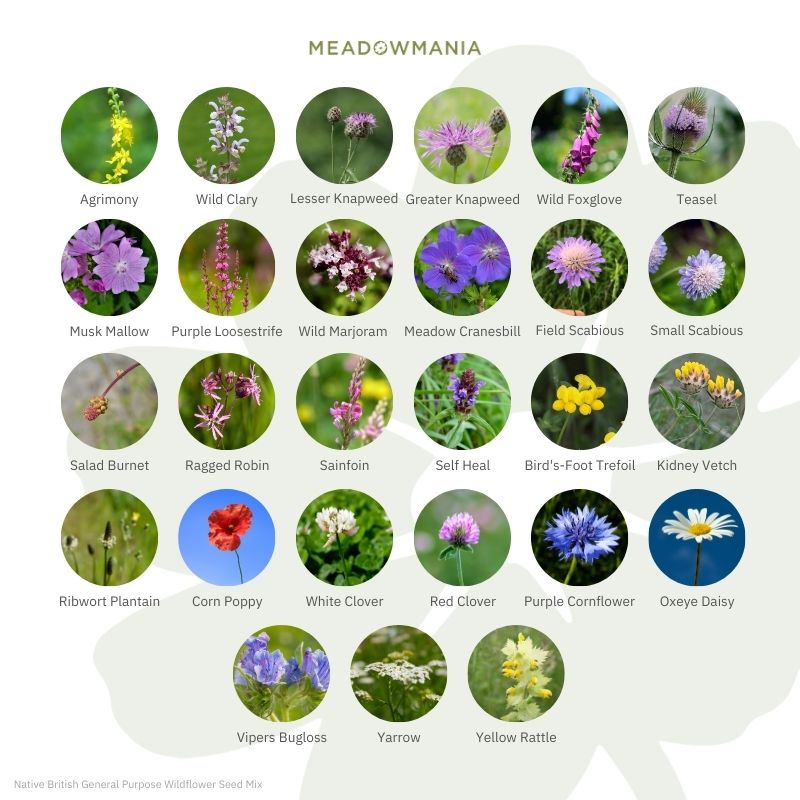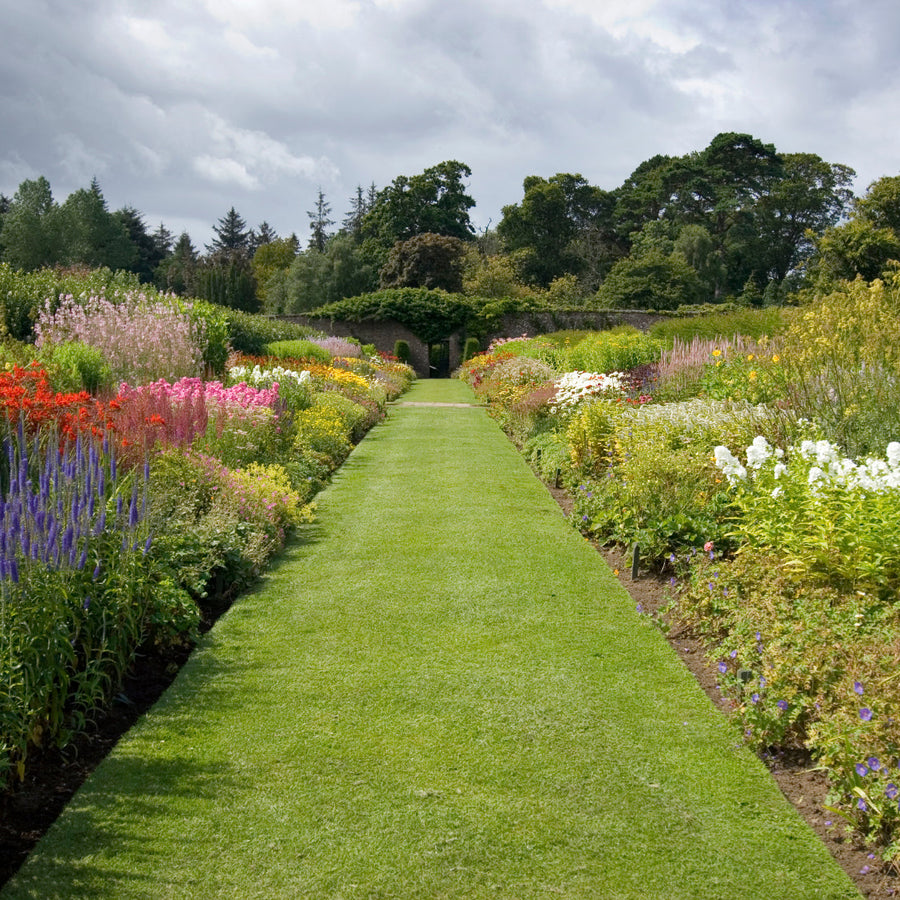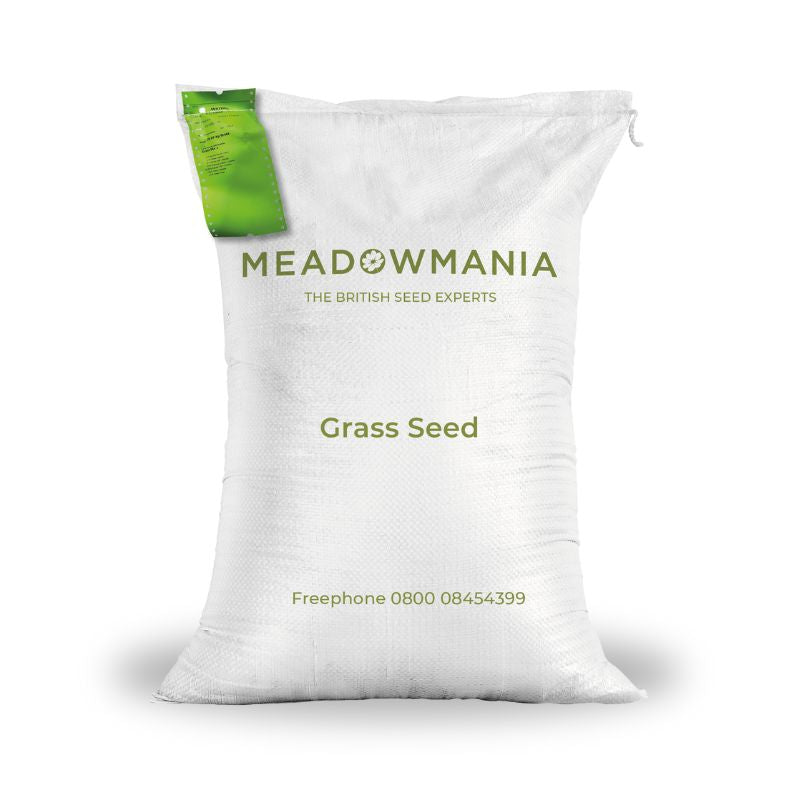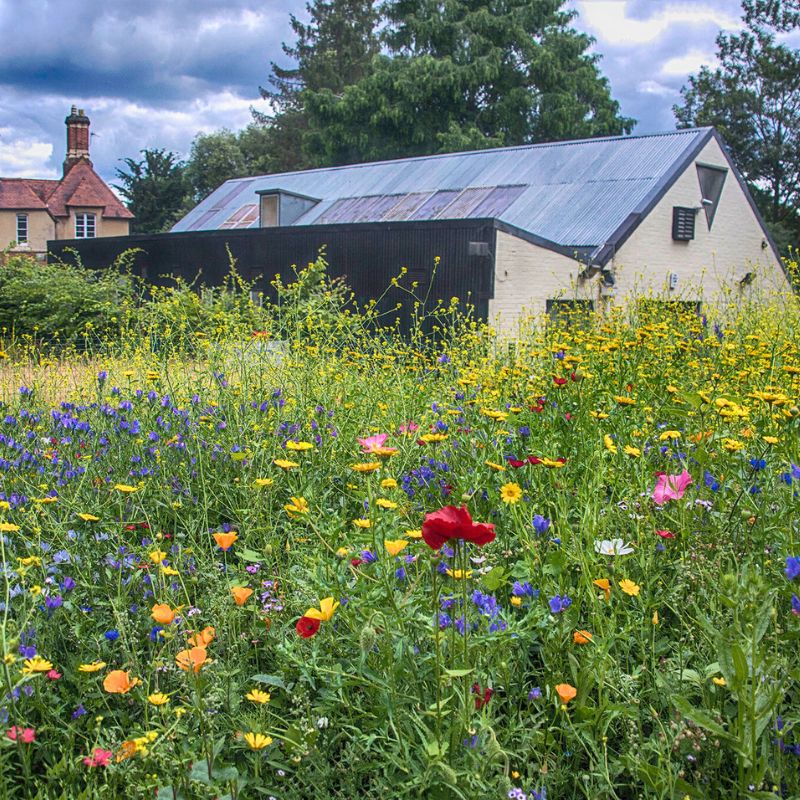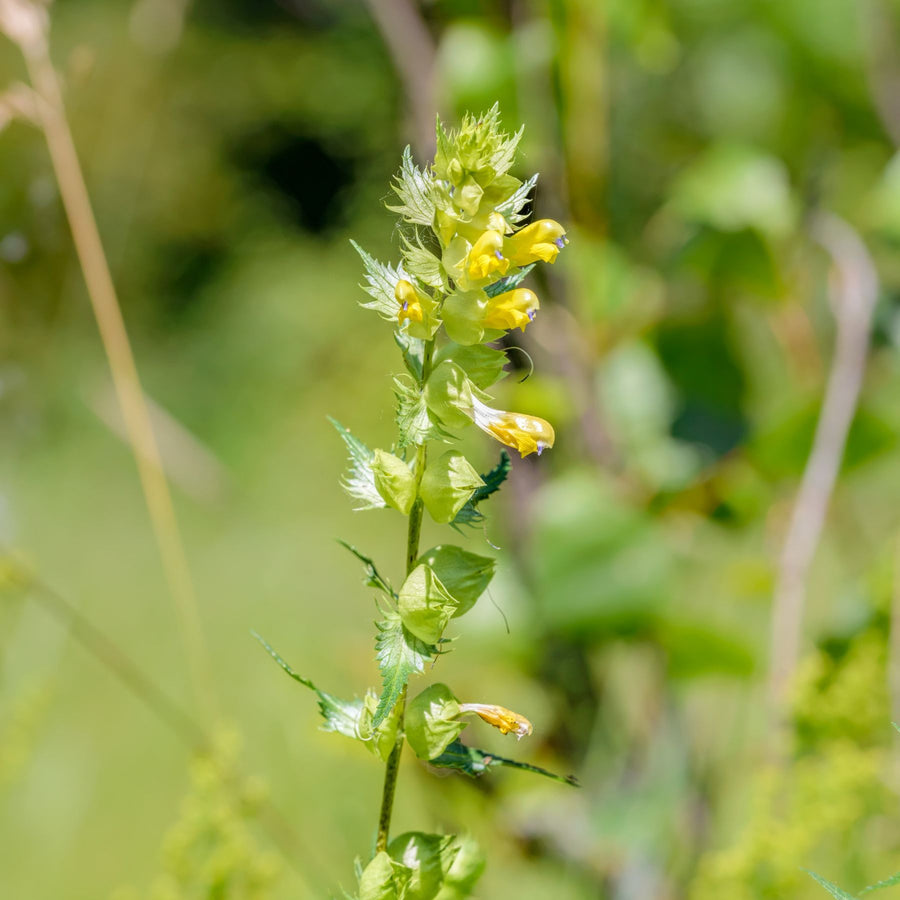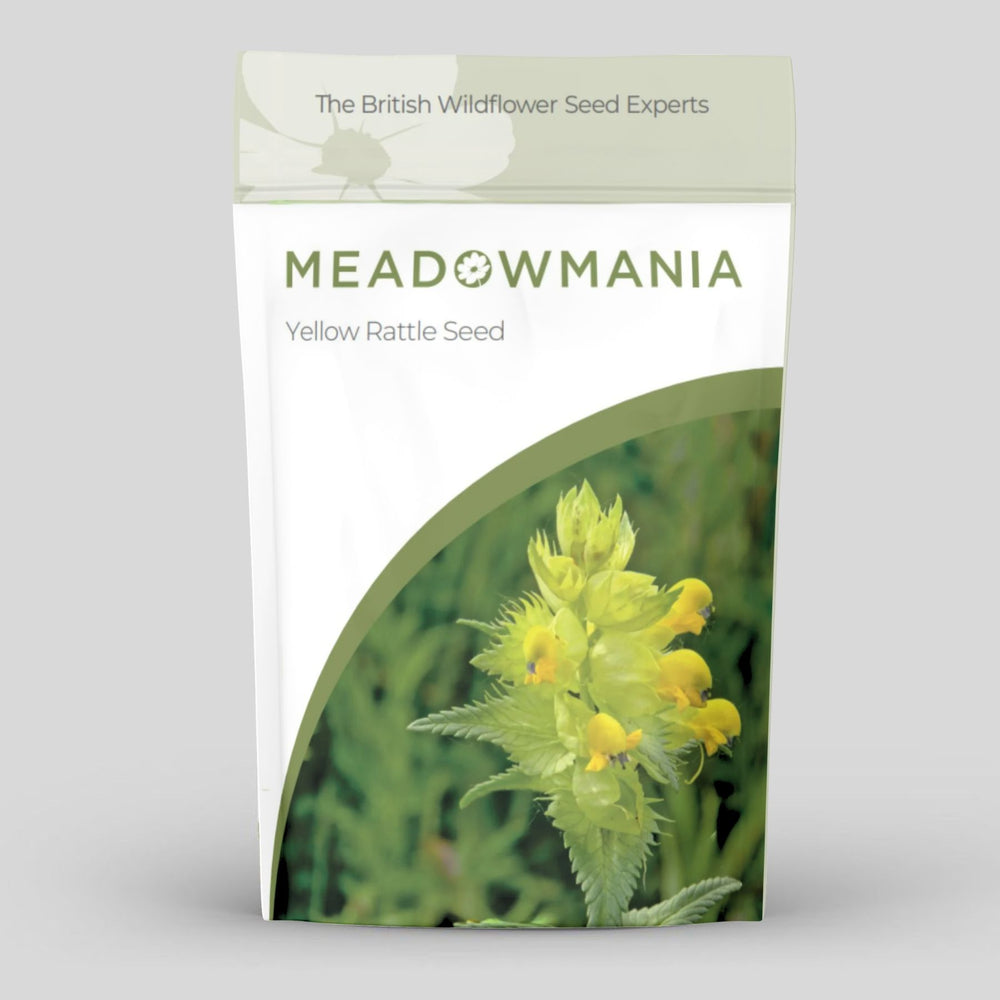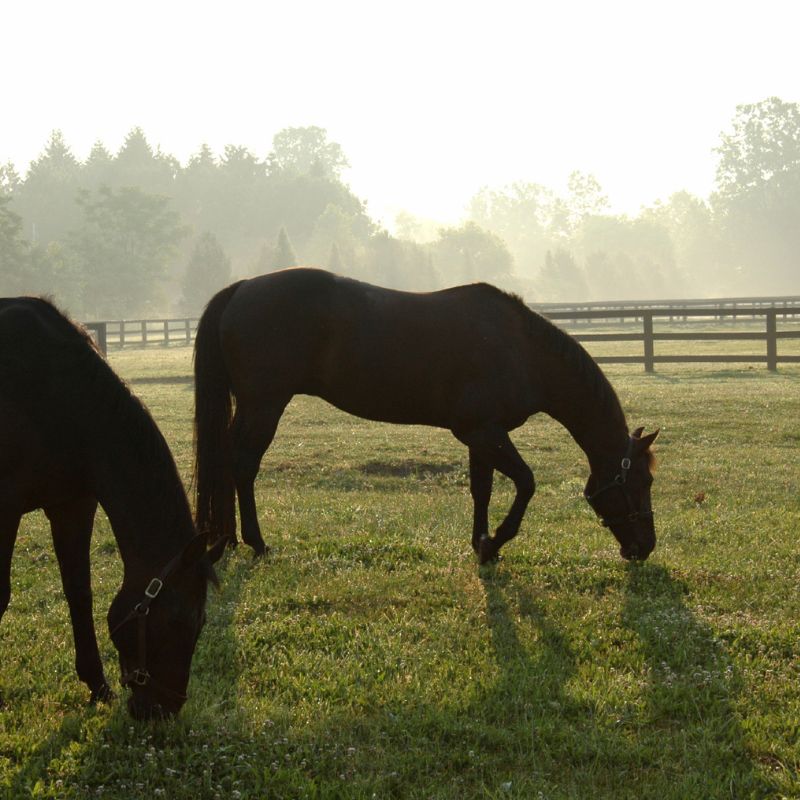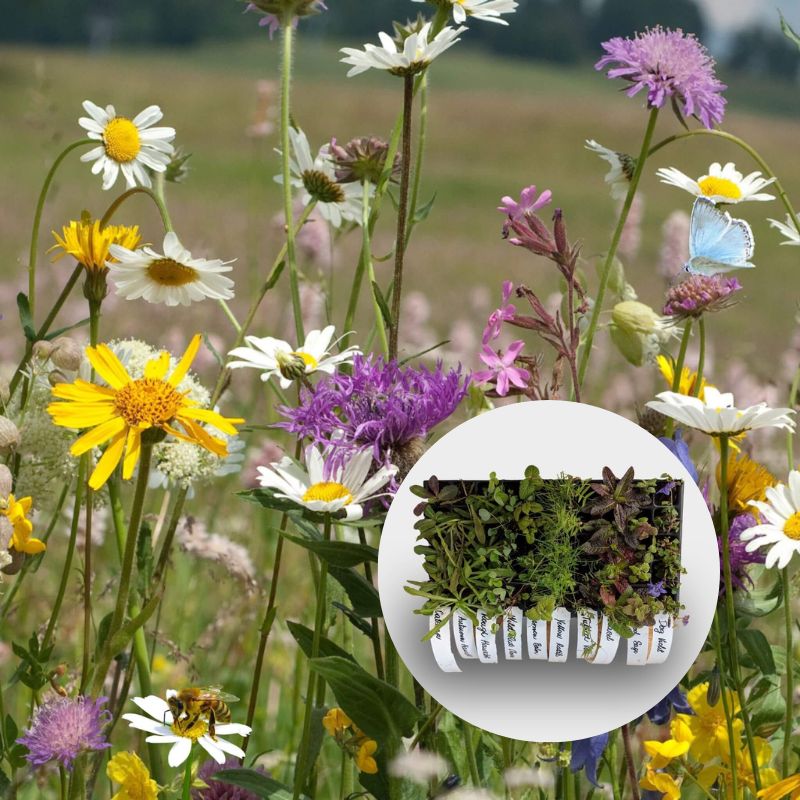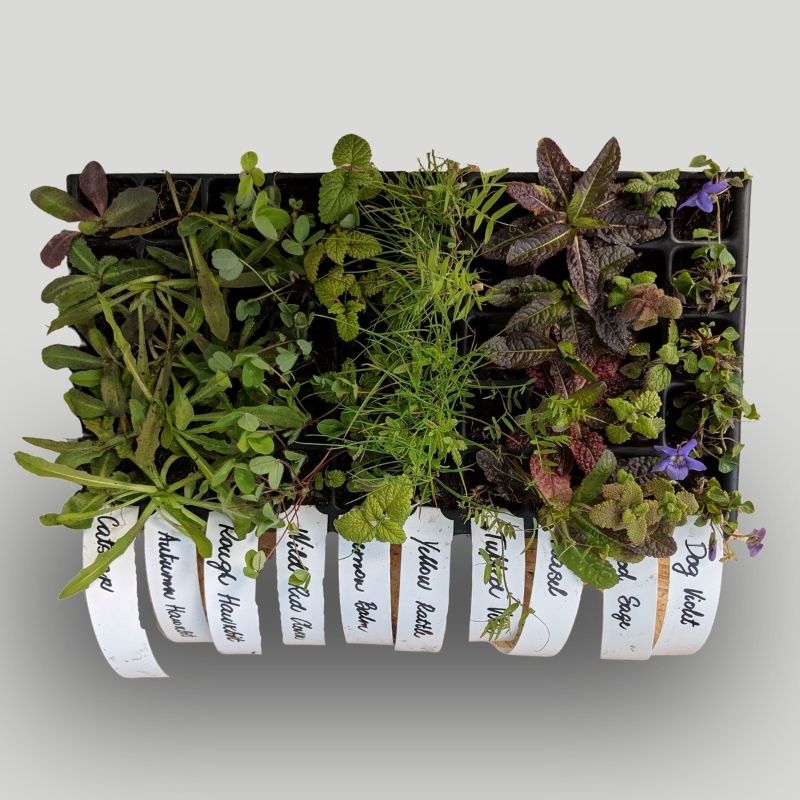
5 Benefits of Sowing Wildflower Seed in Autumn
Did you know that autumn is one of the best times of year to plant wildflower seeds here in the uk?
As the vibrant clolours of summer slowly gives way to the warm hues, yet cold temperatures of British autumn, there's an unsung gardening secret that many might not be privy to – autumn is, without a doubt, the most opportune time to sow wildflower seeds in the uk. Nature herself follows this rhythm, as British native wildflowers gracefully release their seeds during the autumnal embrace.
In this blog post, we delve into the intricacies of this season, autumn, and uncover the five compelling reasons why sowing wildflower seeds during autumn is a horticultural endeavor worth embracing.
1. It’s natural
In the wild, native wildflowers drop their seeds in the autumn. Mimicking this natural process can produce higher germination rates.
2. Less Competition
In autumn, annual weeds are dying off and perennial weeds are entering a period of dormancy, so there’s less competition for sunlight, water and nutrients.
3. Perfect Weather Conditions
It’s neither too hot nor too cold, and there’s usually more rainfall and higher humidity – the perfect conditions for seed germination.
4. Encourages strong roots
Sowing in the autumn gives young seedlings the chance to develop a strong root system before the hot, dry summer of the following year. This means they’ll be stronger and more resilient to drought.
5. Allows for cold stratification
Some wildflower seeds need to experience a period of cold stratification during the winter months to break seed dormancy and germinate.
For best results, sow fresh wildflower seeds onto a prepared seedbed.
Thanks for reading,
Jane.


